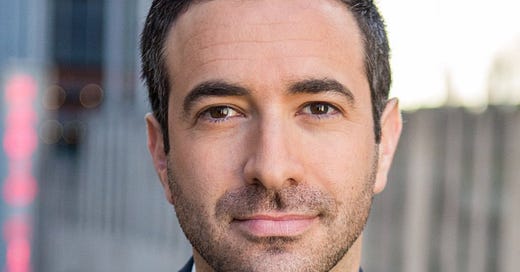We just got breaking legal news:
Ahmaud Arbery’s three killers convicted of murder today
The outcome is a vindication for the prosecution, which focused on the facts and damning evidence in the case.
The prosecutors rarely brought up the defendants’ racism, which was also damning—but not a legally required element of the crime. (A separate Hate Crimes tri…
Keep reading with a 7-day free trial
Subscribe to Ari Melber to keep reading this post and get 7 days of free access to the full post archives.



